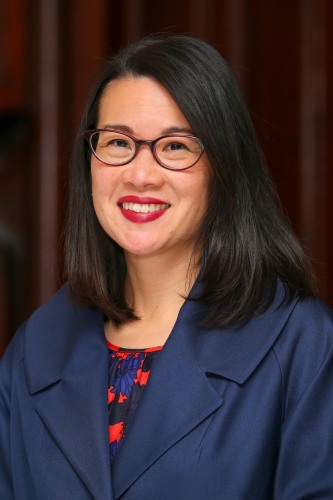Applying for Honors in Gender and Sexuality Studies
In order to qualify for honors, a student must be a Gender and Sexuality Studies (GNSS) concentrator who has earned a B+ average in overall coursework. Students who have received a grade of NC in any concentration course will not be admitted to the program save in exceptional circumstances.
Candidates should discuss their plans with the Director of Undergraduate Studies during their sixth semester and should submit their honors proposal by the end of their sixth semester or no later than the beginning of their seventh semester.
In order to apply, a student should submit a 3-5 page proposal to the Director of Undergraduate Studies and have found an advisor appropriate to the project. The proposal should include the following:
- Cover sheet with student’s name, email address, advisor’s name, and proposed thesis title,
- Discussion of the main questions that the thesis will address, the methodological and theoretical approaches that the student plans to use, and the research that will form the basis for the thesis, and
- Preliminary bibliography of primary and secondary sources.
